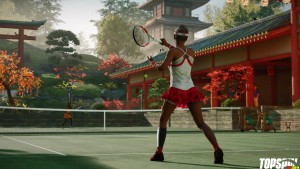Please support Game Informer. Print magazine subscriptions are less than $2 per issue
Tencent Purchases Clash Royale Dev Supercell For $8.6 Billion

Clash Of Clans and Clash Royale raking in huge money for Supercell every day, with the former averaging about $850,000 per day and the latter bringing in more than $300,000 per day. In 2015, the company brought in $2.3 billion in revenue with $964 million in profits.
That performance made Supercell an attractive target for acquisition, and the company now has a new owner. Tencent, which has holdings in Riot, Epic, Activision Blizzard, and Robot Entertainment, has purchased a significant majority stake in the mobile powerhouse.
An $8.6 billion buy gives Tencent an 84.3 percent stake in Supercell. This brings Supercell’s valuation to $10.2 billion.
The deal sees SoftBank divesting in Supercell, with all of its shares going to Tencent. The change in majority control will not impact how the mobile developer conducts business.
“We have agreed with Tencent that Supercell will continue to be operationally independent, exactly as it was under SoftBank's ownership,” writes Supercell CEO Ilkka Paananen. “They understand that our unique culture of small and independent teams (or ‘cells’ as we call them) is what makes Supercell. We want Supercell to continue to be the world's best place for creative people to create games. Also, our headquarters will stay in Helsinki and we will pay our taxes in Finland. All of this is very important for us.”
Supercell currently employs 190. The new arrangement will allow employee shareholders to function as if the company were public, giving them the right to sell shares over time.
[Source: Supercell]
Our Take
Tencent continues to grow, with minority and majority investments in a number of game companies. The benefit for partner companies is smoother access to the lucrative Chinese market, even if it does mean ceding some control. However, when you think of Riot or Epic, you don’t see the shadow that Tencent casts with its financial control. The company seems wise in letting the developers in which it invests continue to operate independently.










